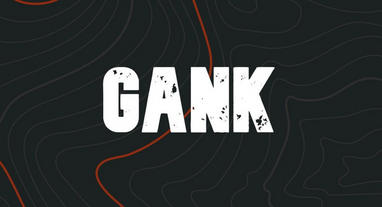Elo

The word Elo in gaming refers to a system that has the goal of fair matchmaking. The Elo system is based on the work of professional chess player and physics professor Arpad Elo.
Instead of being based solely on wins or losses like other systems in chess before it, the Elo system also takes into account other factors, such as average performance over a period of time.
The Elo system is characterized by the fact that one is divided into levels according to ability. If a player wins more games than expected, he moves up. If he loses more games than expected, he is relegated. Usually you start with an average value.
While it used to be used only in chess, it is now part of many sports and games. Whether it's backgammon, college football or gaming, they all make use of the basic idea to make matches even fairer and more exciting.
Basically, it must be said that the Elo definition in gaming is inspired by the original system rather than really being the identical system. Most games have developed their own mechanisms over time that are only vaguely reminiscent of the original Elo system.
PUBG predominantly draws on wins and losses, whereas CS:GO judges a player based on more data, such as the level of teammates and opponents.
The significance of Elo in LOL (League Of Legends), on the other hand, is slightly different. LOL has been using its own system, the so-called "MMR", since Season 3. The "Matchmaking Rating" includes the ranks of the opponents, victories, defeats and the average performance.
Usually every game and every game mode has its own ranking system. What they all have in common is that a good player can often be recognized by a higher rank and the skill increases significantly with the ranks.
If you want to work on your Elo in gaming and escape the so-called "Elo Hell", you should focus on the usual tips and not look for shortcuts.
Work on good communication, practice specific individual moves or tactics, avoid rage quits, and focus on your performance and not the performance of your teammates.


